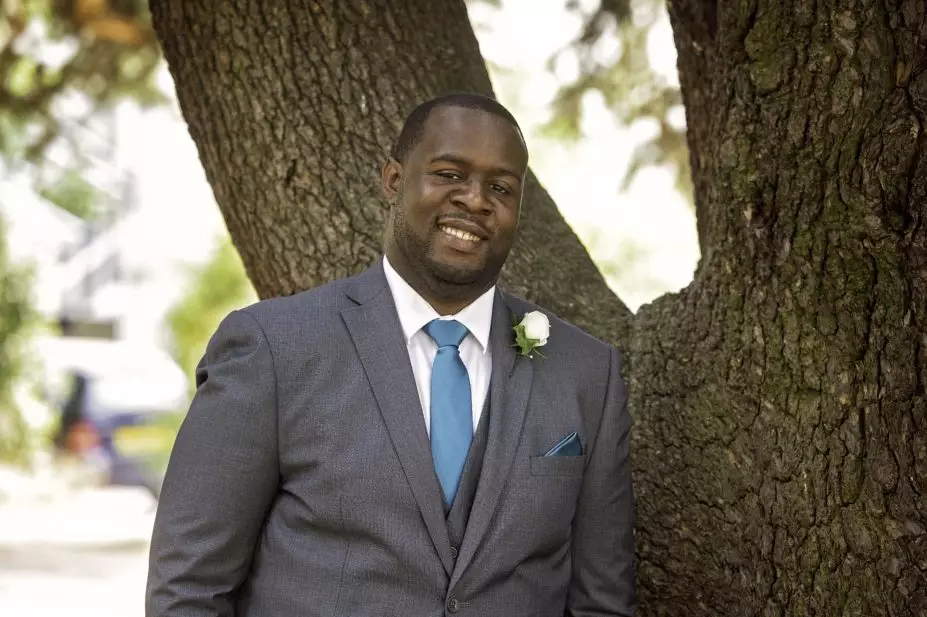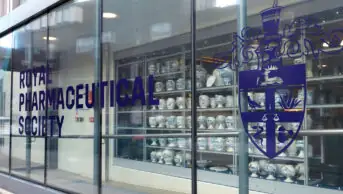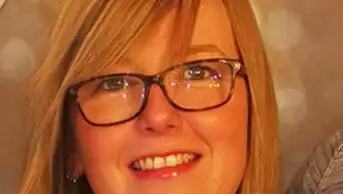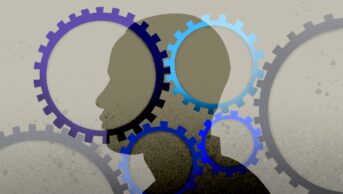
Junior Ahazie
Since qualifying as a pharmacist, I have worked in a variety of clinical areas; however, nothing compares to my current role, where my geekiness for technology is actually helpful. I am a senior clinical systems analyst at University College Hospital, London, and my team are making a significant, positive difference to clinical staff.
My role involves improving and maintaining the health of the Electronic Health Record System (EHRS). It is similar to the role of a software engineer, although the main difference is my clinical experience, which makes it easier for me to understand the issues clinical staff face compared with a non-clinical analyst.
Our trust uses an integrated electronic system called Epic. The system is highly flexible: for example, my colleagues and I can make changes to the visibility of, and access to, information for users. This is called making “builds” in the system, and these are then used by clinical staff to treat patients.
A lot of my build time is around refining workflows in cancer, which means I configure the system to constantly improve it and make chemotherapy protocols available. I am also involved in research and pharmacy builds.
08:45 — start
I review my emails from the night before and prepare my tasks for the day. Today is “Meeting Wednesday”, where I have consolidated most of my regular meetings to the same day. This allows me to work on builds in the system in a consistent, longer block of time, instead of small blocks, which really helps with concentration.
09:00
I attend my team’s daily huddle. During this time, we discuss the day’s rota, what we are working on, how busy we are and if we need any help. COVID-19 has changed our way of working, and now we all work remotely. These huddles are here to make sure the team is kept up to date and provide support if required. After this, we review any incidents/requests reported by clinical users. I take a couple, while the rest are shared among the rest of the team. With remote working we have had to think of new ways to keep the team together. These huddles are very useful; they help me know what my colleagues are doing and how busy they are.
09:30
Build time. I finish off a new clinical trial chemotherapy protocol, which includes all the medicines required, defaulted ready for the prescriber to apply and use. It also contains the chemotherapy medicine orders, supportive medicine orders and appointment requests. All changes and builds in the system are performed by Epic-certified staff. As our area is high-risk, with medication and chemotherapy, we have implemented a rigorous validation and governance process. As a result, all new medication and chemotherapy protocols are validated by specialist clinical staff and I pass this new protocol to them. After this, the build will be transferred into the live system and made available for use to patients.
11:30
We have regular meetings with cancer pharmacists to discuss the clinical trials in their area. There is a backlog of clinical trials for which protocols still need to be built, and multiple teams need to be involved before this happens.
The full communication process needs to be finalised; this has not been fully completed because of the COVID-19 pandemic, but we do have an interim process. Today, we are meeting with the lead paediatric cancer pharmacist and the cancer divisional manager. We go through the stages of each trial and set dates and timelines. At this meeting, we discuss work on a paediatric/teenagers and young adults sarcoma and medulloblastoma trial. At the moment, I am mainly working on cancer trials; both haematology and oncology for paediatric, adolescent and adult patients.
12:00
Governance meeting for the cancer workflow, and it is my turn to chair. Many people attend the meeting, including all the lead cancer pharmacists, the medication safety lead and cancer managers. We go through all the changes requested from the past week. More protocols are required for the system and a new project is requested. We collaborate together as a group to consider the ramifications of the requests, and the urgency of them. My knowledge of the system is vital in the decision-making process.
The changes requested form a large project and too many people will be required to complete it. There are more projects that have a higher priority; plus everyone is stretched owing to COVID-19. We are able to come up with an interim solution, and another meeting will be set up for the analyst working on it and key clinical staff.
The next agenda item is project updates. Each lead analyst summarises those in progress to the group. My project involves updating the view for clinical staff reviewing cancer patients. The new view now contains important blood results, key vitals, previously administered doses, urinalysis results, notes, COVID-19 swab results, toxicity assessments and details of previous radiotherapy sessions. This was updated after feedback from clinical users; feedback is really important as we are keen to keep improving the system.
13:00
Next meeting. This is between all the different app teams and I represent my team, alongside one other analyst. At the moment, we have a few hundred projects requested, and we are using online software to manage this. We are also using it to manage all our incidents, requests and active projects. This meeting is to ensure consistency among the different teams, which makes it easier for cross-app projects to run and for leadership to plan out work.
We are a new team, just over three years old, and this allows me to use my innovation skills; we are constantly trying to optimise and improve all our processes, not just the updating system.
15:00
Final meeting of the day — my weekly team meeting. We discuss any important learning points, difficult build and workflow developments, ideas to improve ways of working, and updates regarding the wider EHRS system or from the hospital. This is a good chance to see everyone in the team. We go through all the topics and have a little bit of fun at end of the meeting by playing a round of GeoGuesser.
16:00
Build time. I review the incident I was assigned this morning. A cancer nurse is having some trouble with reports and notes. I arrange a Teams call and I am able to fix the issue. Teams calls allow us to contact users directly, and sharing their screen makes issue resolution much easier.
After this, I start planning my next project on the list. I have a few more extra tasks to complete, which include updating the chemotherapy build and validation reference documentation, and the request forms we have received.
17:30 — finish
I finish for the day and answer any emails received. Today, I also have a lecture to attend through my membership of the Faculty of Clinical Informatics, a new multidisciplinary professional body for all health and social care staff working in informatics. This lecture is about the use of artificial intelligence and machine learning in healthcare.
Box: Are you interested in a similar role?
- This role’s current banding is 8a.
- To get a role such as this, you should have experience working in a hospital in some capacity. Having an understanding of how hospitals and patient flow work helps. Try to get experience on as many wards as possible.
- You’ll need strong communication skills and to be able to explain technical information to non-technical staff (the same skill as communicating clinical information to patients). The best way to improve these skills is practice. Become proficient at your own trust’s electronic system, and teach others tricks you picked up and how things work. Teach new starters how your electronic systems work.
- You should be comfortable dealing with rapid changes, and feeling like a novice when you first start.
- Get Epic-certified: this is the main system. Work as an analyst in a hospital where the Epic system is already implemented or planned to be implemented.
- You need a strong interest in this area. There’s lots of information available online, such as digitalhealth.net, NHSX and the Faculty of Clinical Informatics (there are multiple levels of memberships for all clinical staff, including those who are simply interested in informatics).


